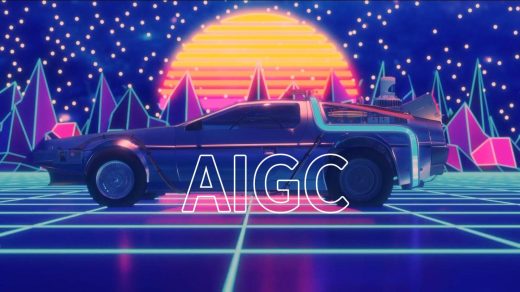‘Digital’, the term seems to be all around us in our current society and the technological attributes that are referred to with this term have penetrated (almost) every aspect of our lives (as I have described in more detail in my previous post). We follow online education, we research, make and hand in assignments through the internet, certain apps or sites keep us informed of what is happening in the world and what the weather is like outside our door, we keep in touch with people from all over the world through our phones, keep all those people informed of what is happening in our lives (at least partly) through social media and even getting from point A to B is generally assisted by some form of digital application or device. The digital is everywhere and we are very much dependent on it. But what exactly does this ubiquitous term entail and what do we mean with it in a social, cultural or research context?
In the Cambridge English dictionary ‘digital’ is defined as:
1. recording or storing information as a series of the numbers 1 and 0, to show that a signal is present or absent
2. using or relating to digital signals and computer technology or internet and computers
3. showing information in the form of an electronic image
Now, if you’re someone like me (very much an alpha or gamma) 1. and 3. make little sense to you. Number 2., something with computers and the internet, that does ring a bell but is still very vague and refers to basically everything in this day and age. So, in terms of clarifying the term ‘digital’, this definition didn’t do much for me and it is not like I have no experience in or knowledge of the subject of digital media. I have read my fair share of articles from within the field of digital anthropology and even wrote my bachelor thesis within the theme group of digital media. Now, what is interesting to note is that almost none of the authors I engaged with (a.o. Daniel Miller, Mirca Madianou, Bernie Hogan and Gabriella Coleman) actually have or use a definition of the terms ‘digital’ or ‘digital media’. They use it pretty synonymously with ‘online’ or ‘the internet’ but that is as far as you get definition-wise. Apparently, it is assumed that we, as readers and scholars, know what the ‘digital’ refers to and what it entails.
What these authors do unanimously articulate is the enormous impact digital media has had and still has on our lives and the inevitable further expansion of the digital in our society. Even just looking at my own life, I can’t help but agree with these authors, the digital has taken over, smoothed out and intensified so many aspects of life that we can’t imagine our Anthropocene without it. I guess that a clear, extensive and non-technological definition is not necessary to use the term ubiquitously and to assess the impact the term, as well as the technological applications and devices referred to by it, might have on the individual, as well as society as a whole.
So, here I am… writing a digital blogpost on a digital site for a digital course, still not knowing entirely just what exactly ‘the digital’ constitutes and to what extent it influences me, my peers and our entire society. But no matter, because a vague idea of attributes, influences and uses is enough to navigate through this oh so digital world.
Sources referenced:
Cambridge English Dictionary: https://dictionary.cambridge.org/dictionary/english/digital



Recent Comments